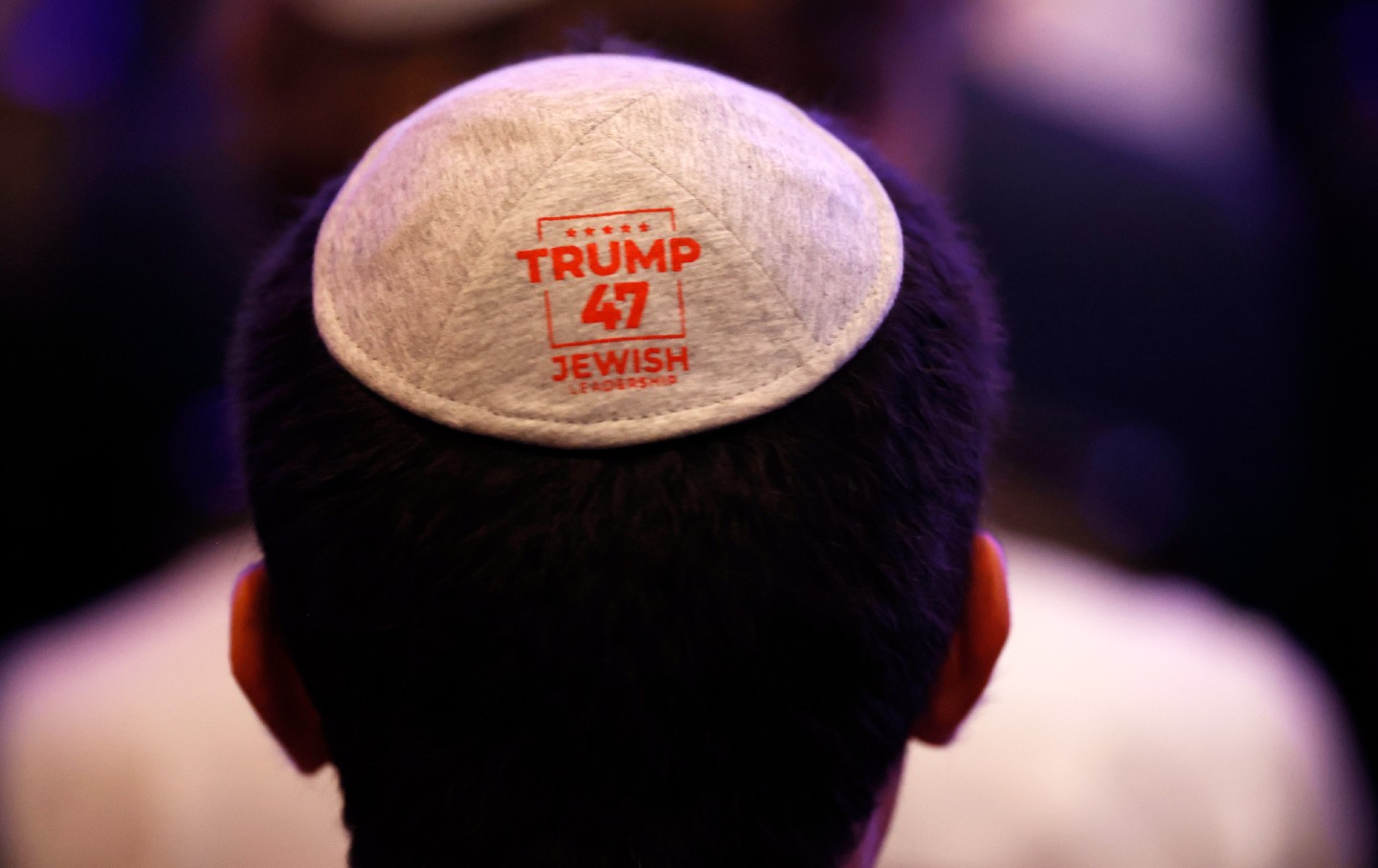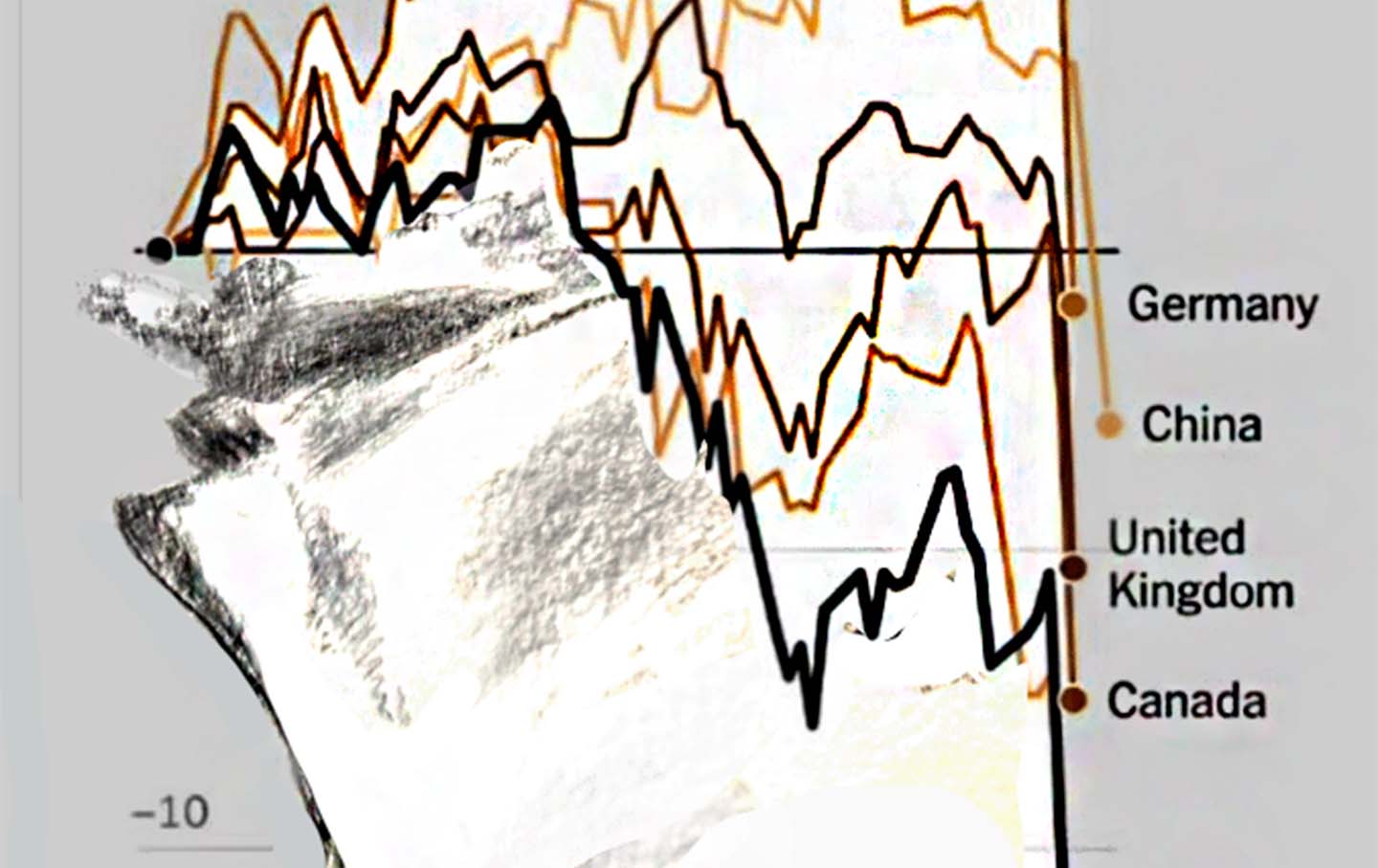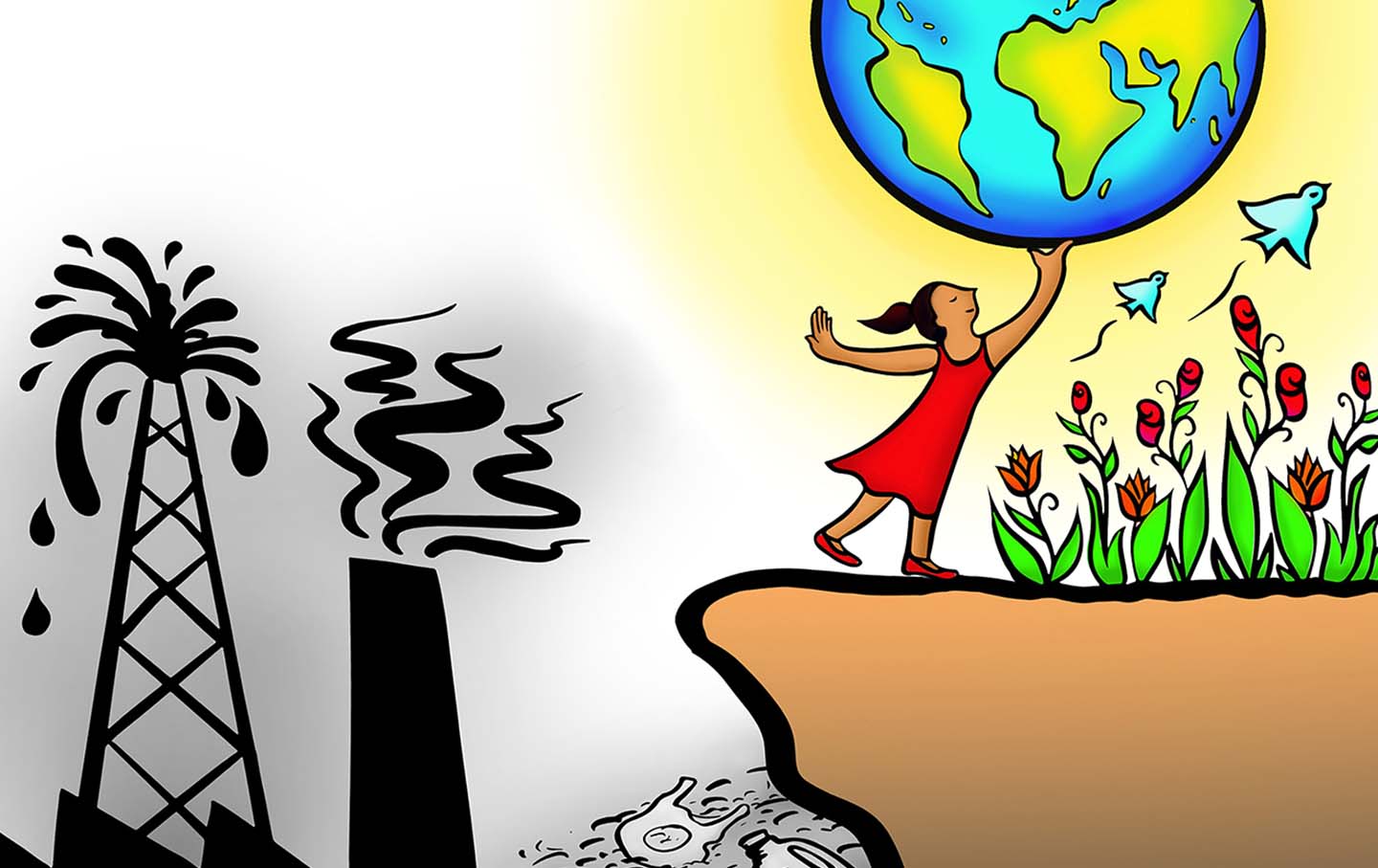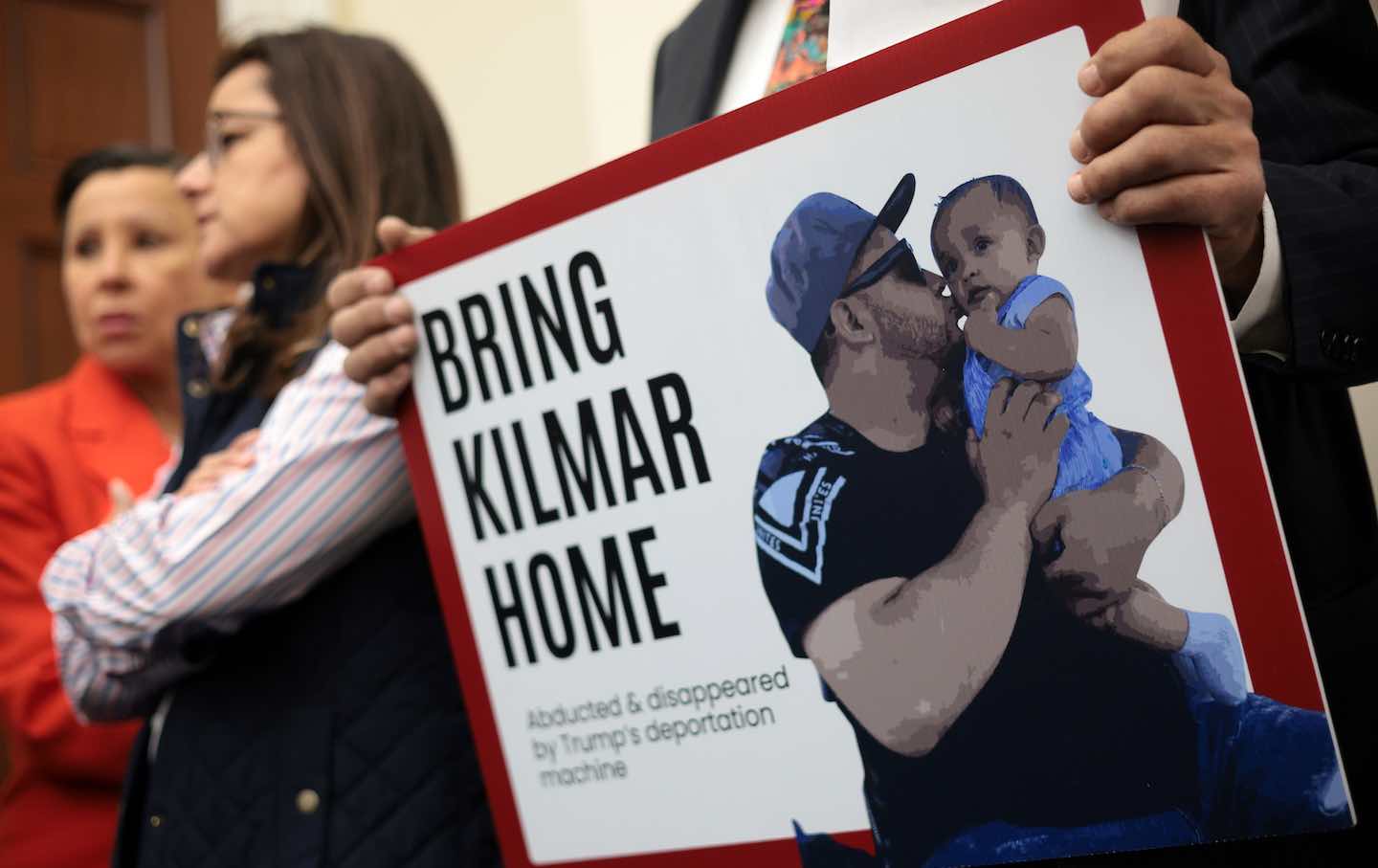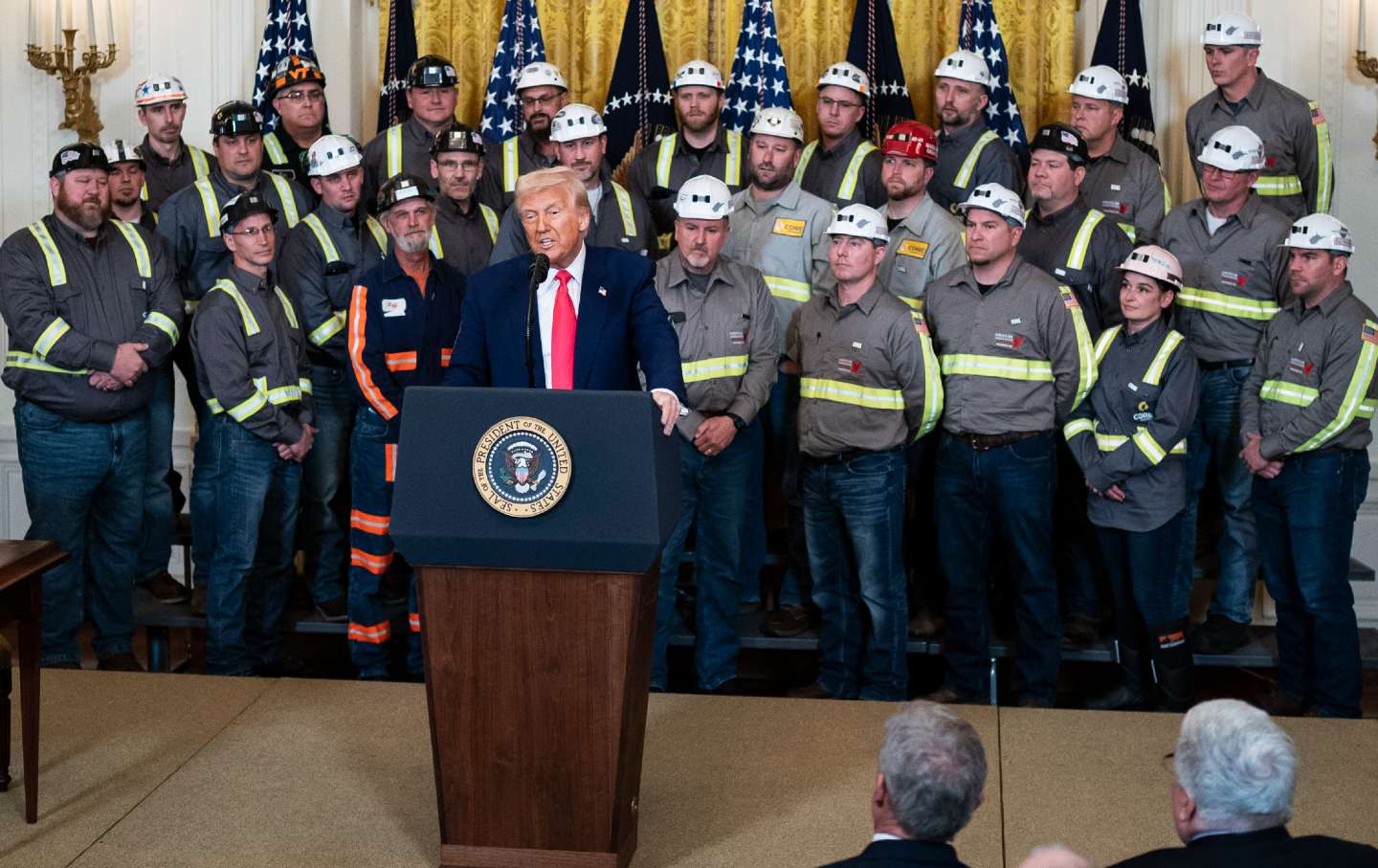Can a Federal Court Shut the Biggest Mouth in America?
A recent hearing in the case against the former president had Judge Tanya Chutkan both laughing out loud and shaking her head.
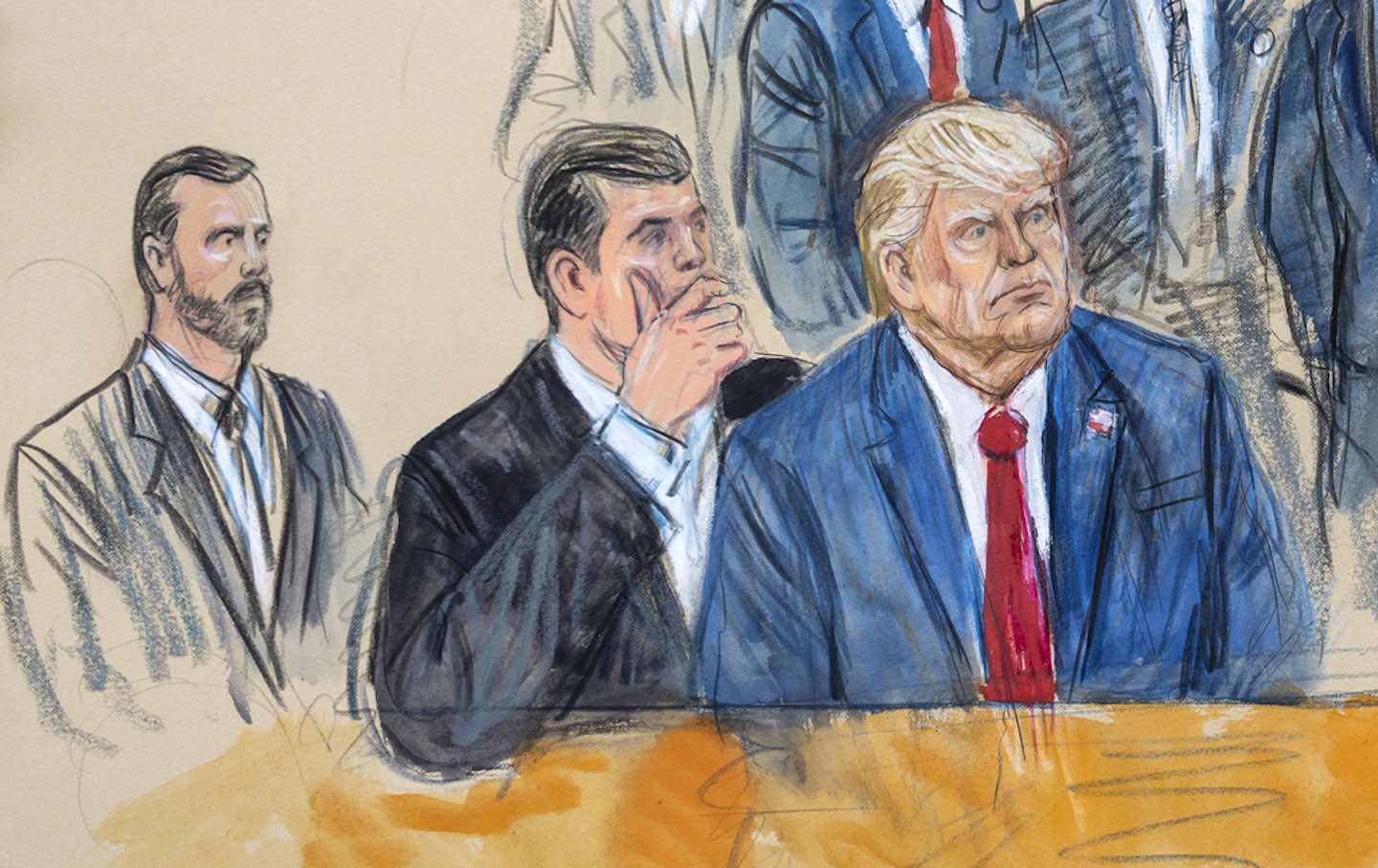
A courtroom artist’s sketch depicts former president Donald Trump during his appearance at the Federal Courthouse in Washington.
(Dana Verkouteren via AP, File)For all the heated legal arguments coursing through Judge Tanya Chutkan’s federal courtroom in Washington, D.C., over the question of whether to impose a gag order on former president Donald Trump, the most eloquent moment came when Chutkan could not help bursting into laughter from the bench. That was when Trump attorney John Lauro, inveighing against the proposed measure as a “censorship order,” claimed that his client could be counted on to refrain from inflammatory or intimidating speech, and had, in fact, closely abided by the terms of Chutkan’s earlier partial gag order in August. Chutkan followed her disbelieving guffaw with a dry appraisal of Trump’s stream of choleric, prosecution-baiting rhetoric: “I’m going to take issue with that.”
Indeed, even as Chutkan was hearing the prosecution’s request, Trump could be found on his Truth Social account whaling away at his pet talking points, rendered in his trademark staccato bursts of random capitalization and all-caps emphasis: “The TRUMP GAG ORDER that the CORRUPT Biden Administration is trying to obtain is totally Unconstitutional,” went one outburst. In another, he whined that “I’ve got eight separate lawsuits going on that have been started, or strongly influenced by, the Biden Administration, for purposes of Election interference. No wonder our Country is doing so badly in EVERYTHING, and is the laughingstock of the World!”
Monday’s order follows the basic outline of the similar decision handed down in Trump’s civil business-fraud case in New York, barring the defendant from making statements designed to intimidate attorneys, witnesses, jury members, or court personnel; that decision was prompted in part by a Trump Truth Social post disparaging a court clerk. In the case before Chutkan—where Trump faces four criminal counts stemming from his efforts to incite the January 6 attempted coup—the former president has regularly termed special prosecutor Jack Smith “deranged,” and derided his team of attorneys as “thugs.” Under these circumstances, “First Amendment protections yield to the administration of justice and the protection of witnesses,” Chutkan said. “His presidential candidacy does not give him carte blanche to vilify…public servants who are simply doing their job.” She also said she would later issue a written statement spelling out potential “sanctions” for Trump should he continue to issue inflammatory statements as part of “a pretrial smear campaign.”
Chutkan could well have added that she knows whereof she speaks—like Smith and other legal and political figures targeted by the ex-president, she’s had to live and work under the eye of an expanded security detail in the wake of Trump’s earlier Truth Social tirades against her. (The prosecutors cited an incident in advance of the August hearing in which a MAGA supporter was arrested after she called Chutkan’s chambers and “made racist death threats to the Court that were tied to the Court’s role in presiding over the defendant’s case.”)
And of course, the greater irony here is that the petty yet tyrannical vituperation Trump is now training on the legal system is all but identical to the baseless crusade he conducted against the electoral system in the wake of the 2020 election. Smith’s attorneys already connected these dots in their filing for Monday’s order, noting that “like his previous public disinformation campaign regarding the 2020 presidential election, the defendant’s recent extrajudicial statements are intended to undermine public confidence in an institution—the judicial system—and to undermine confidence in and intimidate individuals—the Court, the jury pool, witnesses, and prosecutors.”
Trump and his legal team contended that the order was an unconstitutional effort to silence the constitutionally protected speech of a candidate for office. What’s more, they insisted, Smith and his team had not presented “one shred of evidence to demonstrate…let alone enough to establish” any “clear and present danger” to the orderly administration of justice in the pending January 6 proceedings. Chutkan again wasn’t buying it: “In what kind of case do you think it would be appropriate for a criminal defendant to call the prosecutor a thug and stay on the streets?” she asked Lauro. “‘Will no one rid me of this meddlesome priest?’ comes to mind.”
As for the claims of shutting down Trump’s First Amendment rights, Chutkan reiterated that Trump was receiving the same treatment anyone in his position would: “Mr. Trump is a criminal defendant. He is facing four felony charges. He is under the supervision of the criminal justice system and he must follow his conditions of release. He does not have the right to say and do exactly what he pleases.”
It is, indeed, surreal to argue that a courtroom should effectively double as a cable green room, but that was pretty much the only counterclaim Trump’s team had at its disposal. Lauro huffed that the gag order was its own instrument of intimidation, designed “to prevent President Trump from speaking out about the issues of the day.” Rising into full MAGA, he rhetorically asked the court, “What kind of words does someone use to battle oppression” or the looming prospect of “totalitarianism?” Even as he tried to return to some vague compass of legal argument, Lauro still spoke in Truth-Socialese: “President Trump firmly believes that these proceedings are brought by a politically motivated prosecutor.” Reporters noted that throughout this defense soliloquy, Chutkan leaned back in her chair and shook her head. It turns out, in other words, that you can only laugh for so long at a Trump trial.

